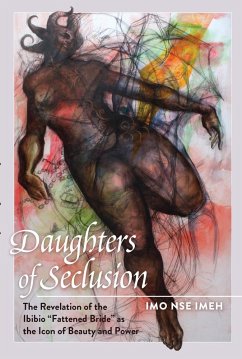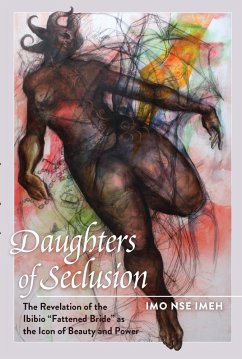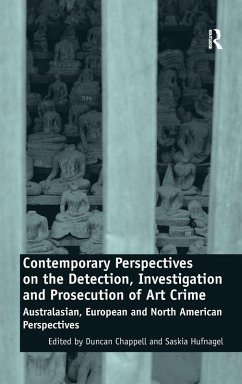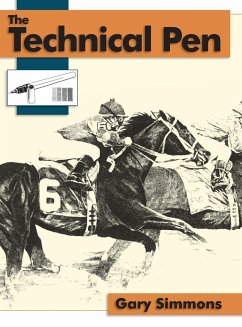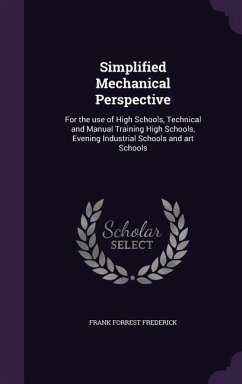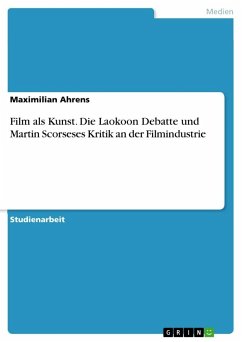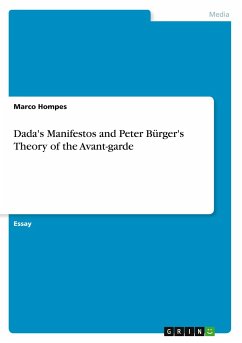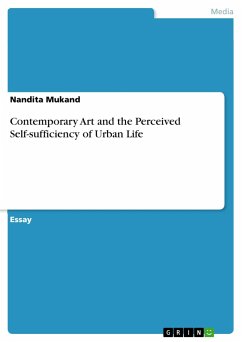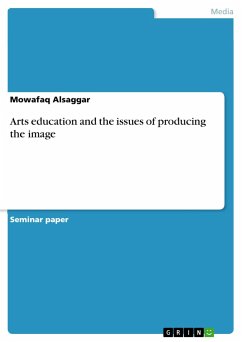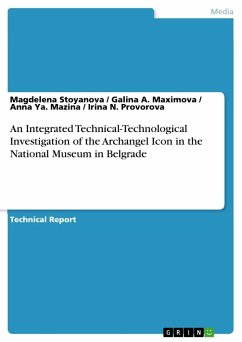
An Integrated Technical-Technological Investigation of the Archangel Icon in the National Museum in Belgrade

PAYBACK Punkte
0 °P sammeln!
Technical Report from the year 2016 in the subject Art - Overall Considerations, grade: A COST Case Study, , course: Cost Action TD1201 Working Group Meetings; 5th international Culture Forum St. Peterburg December 2016, language: English, abstract: This complex investigation by European and Russian experts was carried out for the purpose of solving the question of the authorship and date of the Archangel icon kept in the National Museum in Belgrade and attributed to the 15th c Novgorod school. It had also the task to explore the possibilities and limits of non-destructive methods in identific...
Technical Report from the year 2016 in the subject Art - Overall Considerations, grade: A COST Case Study, , course: Cost Action TD1201 Working Group Meetings; 5th international Culture Forum St. Peterburg December 2016, language: English, abstract: This complex investigation by European and Russian experts was carried out for the purpose of solving the question of the authorship and date of the Archangel icon kept in the National Museum in Belgrade and attributed to the 15th c Novgorod school. It had also the task to explore the possibilities and limits of non-destructive methods in identification, dating and authentication of icon painting, as well as of other types of historic easel painting.In addition to the various technological methods, the research project included assessment of the outcomes on base of additional information from databases accumulated by leading research and restoration centers in Russia and Eastern Europe.The authors' purpose was to demonstrate that actually the conditions for authenticity controls are easily available, and that they can be realized at an enough competitively level, making better use of already accumulated experience and using a more common technological base.Particularly important is to underline that tools for efficient non-contact investigation of artefacts are not exclusively the optical techniques and the utilized instruments for themselves, but also the way in which the various data they produce have been assessed. For to transform these informational resources in real knowledge, their mass storage and interactive art historical, technical and technological assessment is of fundamental importance.The non-destructive methods and techniques used included optical microscopy, macro photography in VIS/raking light, stereo microscopy, ultraviolet luminescence/fluorescence, infrared reflectography, X-ray, EDXRFS, computer tomography, anatomical analysis of wood, micro chemical analysis, and were followed by a comparison and post processing of obtained data and images, allowing to date the icon at the second half of the 19th century (the earlier attribution was 15th century). The icon may have been created by icon painters of the southern regions of the Russian Empire (perhaps in Moldova or Ukraine).The results created the conditions for a detailed mapping of its status of conservation and were indispensable for to understand the origin of the damages.




